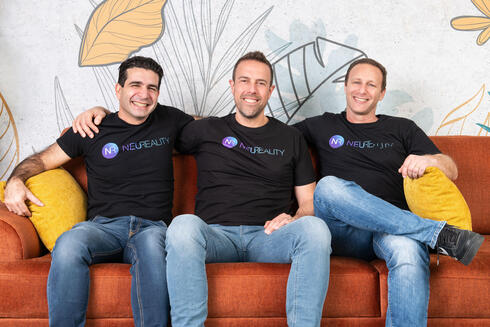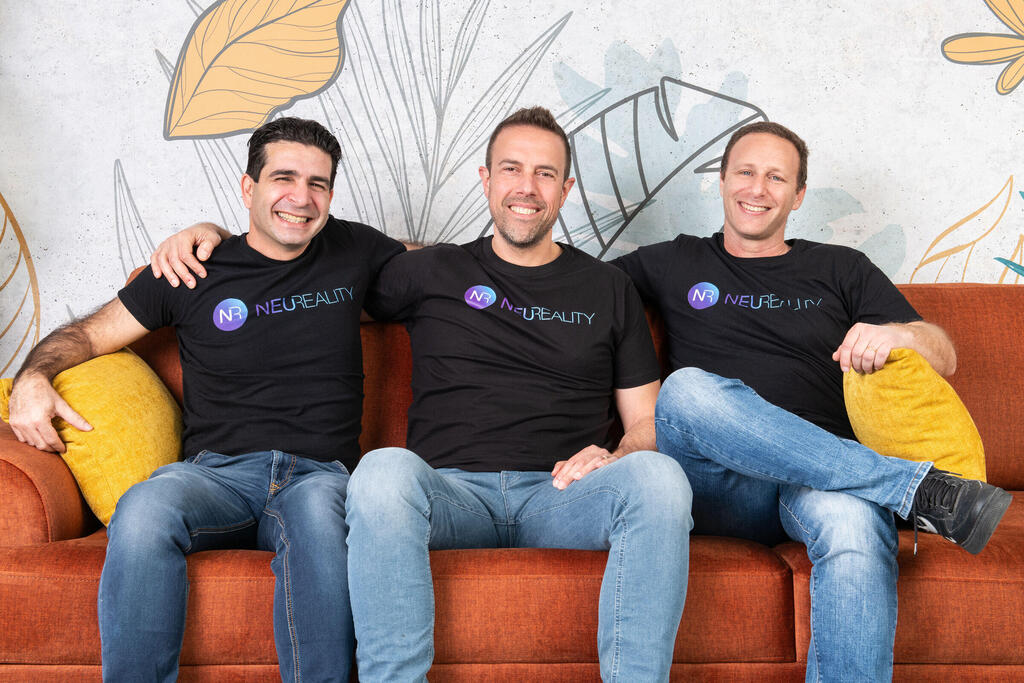
NeuReality raises $20 million to make AI data centers faster and cheaper
The Israeli startup’s efficient AI-centric system architecture enables companies to run generative AI applications and large language models (LLMs) without overinvesting in scarce and underutilized GPUs
Israeli startup NeuReality announced on Tuesday that it has raised $20 million in new funds from the European Innovation Council (EIC) Fund, Varana Capital, Cleveland Avenue, XT Hi-Tech and OurCrowd. The new capital will accelerate the deployment of the company’s NR1AI Inference Solution, enabling NeuReality to shift faster from early deployment phase to growth in other markets, regions, and generative AI.
This $20 million raise brings NeuReality’s total funding to $70 million. It marks another significant vote of confidence since the successful delivery of its 7nm AI inference server-on-a-chip, the NR1 NAPU (Network Addressable Processing Unit) from TSMC last year — the fundamental component of its overall NR1 AI Inference Solution. NeuReality’s efficient AI-centric system architecture enables companies to run generative AI applications and large language models (LLMs) without overinvesting in scarce and underutilize GPUs.
1 View gallery


NeuReality founders Yossi Kasus (from left), Moshe Tanach, and Tzvika Shmueli.
(Aviv Kurt)
Enterprises face big challenges in deploying trained AI models and apps, known as the AI Inference process. Running live AI data to solve a task can be complex and costly, with a record of poor scalability from AI accelerators and system bottlenecks caused by CPUs.
“Our disruptive AI Inference technology is unbound by conventional CPUs, GPUs, and NICs. We didn’t try to just improve an already flawed system. Instead, we unpacked and redefined the ideal AI Inference system from top to bottom and end to end, to deliver breakthrough performance, cost savings, and energy efficiency,” said NeuReality’s CEO Moshe Tanach, pointing to the paltry 30-40 percent utilization rate of AI accelerators.
“Investing in more and more DLAs, GPUs, LPUs, TPUs…won’t address your core issue of system inefficiency,” remarked Tanach. “It's akin to installing a faster engine in your car to navigate through traffic congestion and dead ends — it simply won't get you to your destination any faster. NeuReality, on the other hand, provides an express lane for large AI pipelines, seamlessly routing tasks to purpose-built AI devices and swiftly delivering responses to your customers, while conserving both resources and capital.”
The investment of the EIC Fund, the venture arm of the European Commission’s EIC Accelerator program, shows its support for the firm’s solution which not only brings optimized performance, but also improved energy efficiency in AI deployment to the marketplace. The EIC investment further addresses two important industries for Europe – advanced semiconductors and AI, both of which are expected to be major drivers of economic growth in the coming years.
NeuReality had already secured a substantial grant from the EIC Accelerator program last year to support various development steps of the firm’s innovation aimed at solving the cost and complexity of AI Inference at its core architectural level.
NeuReality, which raised its Seed round early 2020, is led by a seasoned management team with extensive experience in AI, data-center architecture, systems, and software. NeuReality was co-founded by CEO Moshe Tanach, formerly Director of Engineering at Marvell and Intel and AVP R&D at DesignArt-Networks (acquired by Qualcomm); VP Operations Tzvika Shmueli, formerly VP of Backend at Mellanox Technologies and VP of Engineering at Habana Labs; and VP VLSI Yossi Kasus, formerly Senior Director of Engineering at Mellanox and the head of VLSI at EZChip. The company's leading team also includes CTO Lior Khermosh, former co-founder and Chief Scientist of ParallelM and a fellow at PMC Sierra.













